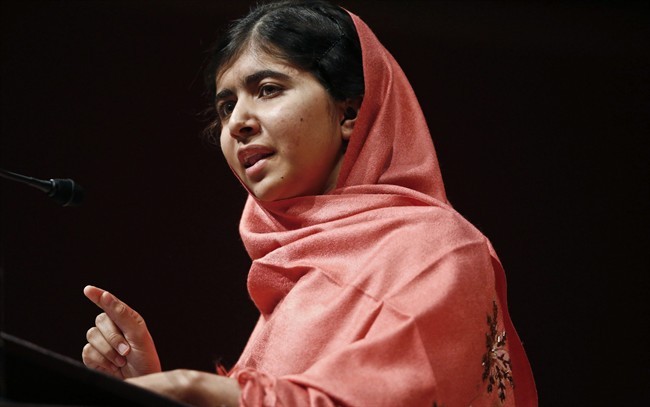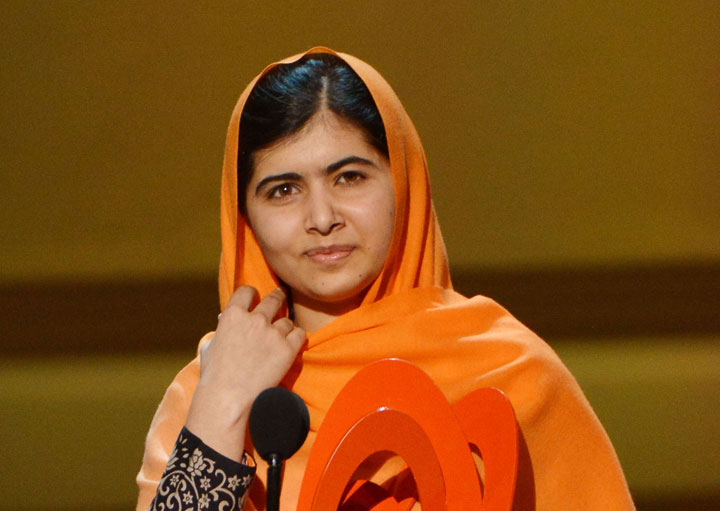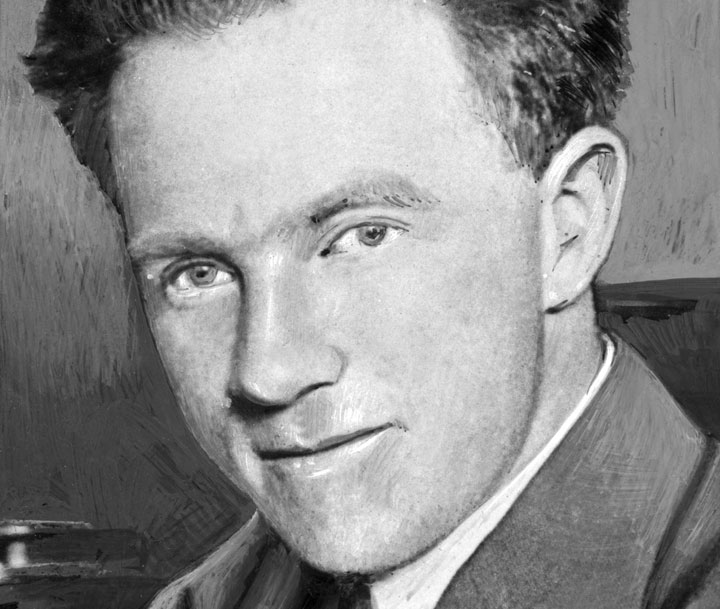STOCKHOLM – On Friday, 17-year-old Malala Yousafzai became the youngest person ever to be awarded a Nobel Prize, sharing the 2014 Peace Prize for her work on children’s rights.

Here’s a look at the top 10 youngest people to win a Nobel prize throughout the history of the award.
Malala Yousafzai, 17, Pakistan. Nobel Peace Prize, 2014
Shared with Kailash Satyarthi of India “for their struggle against the suppression of children and young people and for the right of all children to education.”

Lawrence Bragg, 25, Australia. Nobel Prize in Physics, 1915
Shared with his father Sir William Henry Bragg for “their services in the analysis of crystal structure by means of X-rays.”
Werner Heisenberg, 31, Germany. Nobel Prize in Physics, 1932.
“For the creation of quantum mechanics, the application of which has, inter alia, led to the discovery of the allotropic forms of hydrogen.”
Tsung-Dao Lee, 31, China. Nobel Prize in Physics, 1957
Shared with Chen Ning Yang “for their penetrating investigation of the so-called parity laws which has led to important discoveries regarding the elementary particles.”
Carl D. Anderson, 31, United States. Nobel Prize in Physics, 1936.
“For his discovery of the positron.” Shared with Victor Franz Hess.
Paul A. M. Dirac, 31, United Kingdom. Nobel Prize in Physics, 1933.
Shared with Erwin Schrodinger “for the discovery of new productive forms of atomic theory.”
Frederick G. Banting, 32, Canada. Nobel Prize in Medicine, 1923.
Shared with John James Rickard Macleod “for the discovery of insulin.”
Tawakkul Karman, 32, Yemen. Nobel Peace Prize, 2011.
Shared with Ellen Johnson Sirleaf and Leymah Gbowee “for their non-violent struggle for the safety of women and for women’s rights to full participation in peace-building work.”
Rudolf Mossbauer, 32, Germany. Nobel Prize in Physics, 1961.
“For his researches concerning the resonance absorption of gamma radiation and his discovery in this connection of the effect which bears his name.” Shared with Robert Hofstadter.
Mairead Corrigan, 32, Northern Ireland. Nobel Peace Prize, 1976.
Founder of the Northern Ireland Peace Movement. Shared with co-founder Betty Williams.








Comments